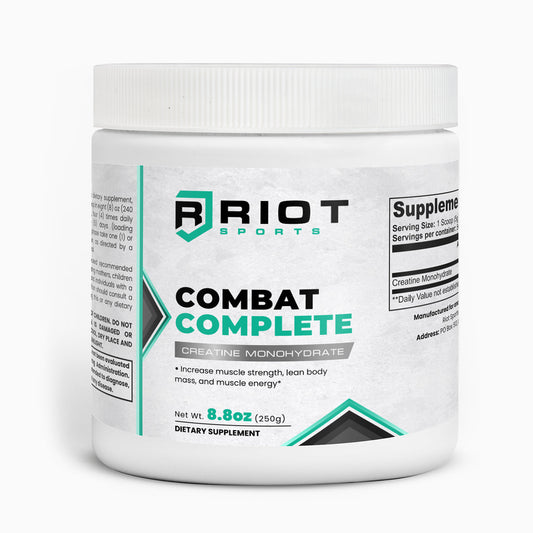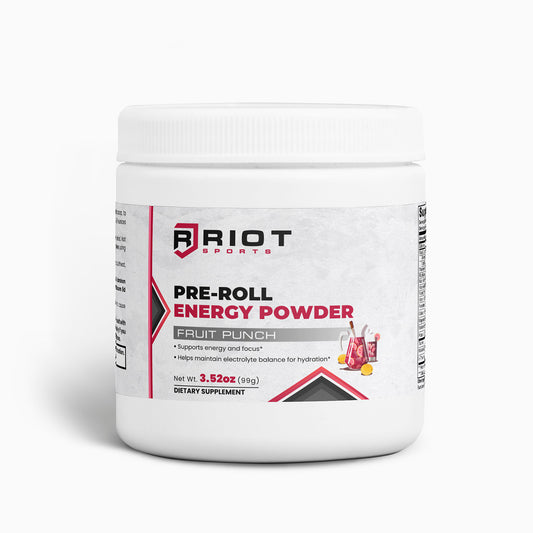Why Nerves Aren’t Your Enemy
Feeling anxious before stepping onto the mats is a shared experience among Brazilian Jiu‑Jitsu competitors. Nervousness stems from many sources—fear of losing, high expectations, facing unfamiliar opponents, physical discomfort and performing in front of an audience. A moderate level of arousal sharpens focus and reaction times; too much tension, however, can cloud your thinking, sap your energy and tighten your muscles. The goal isn’t to banish nerves but to channel them into productive energy.
Evidence‑Based Techniques to Manage Anxiety
Mental Strategies
-
Visualization – Building familiarity before the fight
Your brain can’t tell the difference between a vividly imagined event and reality. By picturing your entire competition—warm‑ups, exchanges and victorious hand‑raise—you create neural patterns that reduce uncertainty. This “rehearsal” builds confidence and helps you execute techniques fluidly on the big day. -
Goal Setting – Directing your focus to what you can control
Framing success in terms of actions rather than outcomes eases pressure. Instead of fixating on winning, set process‑based goals like maintaining top control or attempting a specific sweep. When your mind has a clear task, it can’t dwell on negative hypotheticals. -
Positive Self‑Talk – Interrupting the anxiety spiral
Anxiety feeds on self‑doubt. Replace defeatist thoughts (“I’m going to mess up”) with affirmations (“I’ve trained hard; I belong here”). Over time, this rewires your internal dialogue, making confidence your default rather than something you scramble to find at the last minute. -
Mindfulness and Meditation – Staying in the present
Worry lives in the past and future. Mindfulness practices teach you to anchor your awareness in the present—your breath, posture or the feeling of your feet on the ground. This presence calms the mind’s threat circuits, allowing you to respond thoughtfully to your opponent instead of reacting out of panic. -
Routine Building – Creating a personal ritual
A consistent pre‑competition routine—stretching, listening to a specific playlist, reviewing your game plan—signals to your brain that it’s time to focus. Familiar rituals provide comfort and a sense of control amid the chaotic atmosphere of a tournament.
Physical Strategies
-
Proper Preparation – Confidence through competence
Nothing replaces solid training. Following a structured program that balances technique, sparring and conditioning ensures you arrive on competition day in peak form. When you know you’ve done the work, nerves become excitement rather than dread. -
Healthy Lifestyle – Supporting your mind through your body
Fueling your body with balanced nutrition, staying hydrated and getting enough sleep are cornerstones of stress management. A well‑nourished, well‑rested athlete can cope with physical and mental demands far better than a tired, depleted one. -
Controlled Breathing – Resetting your nervous system
Slow, deep breathing activates your parasympathetic “rest‑and‑digest” response, lowering heart rate and calming jittery nerves. Techniques like diaphragmatic breathing or the 4‑7‑8 method (inhale for four counts, hold for seven, exhale for eight) offer a quick reset during warm‑ups or between matches. -
Progressive Muscle Relaxation – Releasing hidden tension
Anxiety often hides as clenched jaw, tight shoulders or tense hips. By consciously tensing and then relaxing each muscle group, you teach your body to recognize and let go of unnecessary tension, leaving you more fluid and efficient on the mats.
Building Long‑Term Mental Resilience
-
Integrate Mental Training into Practice – Treat visualization, goal setting and mindfulness as regular drills, not last‑minute interventions. Consistent mental training builds a buffer against stress.
-
Adopt a Growth Mindset – View competitions as opportunities to learn and grow. This mindset reframes mistakes as valuable data rather than failures.
-
Reflect After Competing – After each event, assess what went well and what needs work. Reflection turns experience into wisdom.
-
Keep Perspective – Remember that no single match defines your worth or potential. Jiu‑Jitsu is a lifelong journey, and competitions are just checkpoints along the way.
Putting It All Together: Your Pre‑Competition Checklist
-
One Week Out: Dial back heavy training, prioritize sleep and refine your game plan.
-
Night Before: Pack your gear, prepare light snacks and visualize your performance.
-
Day Of: Eat a familiar, easy‑to‑digest meal; warm up dynamically; practice a few minutes of deep breathing.
-
At the Venue: Follow your personal ritual, stay hydrated and avoid comparing yourself to other competitors. Trust your preparation.
Frequently Asked Questions
Q: Is some anxiety normal?
Yes. A moderate amount of nervous energy sharpens your reflexes and prepares you for action. It becomes a problem only when it interferes with your focus and execution.
Q: How long should I practice breathing exercises?
Even five minutes of slow, deliberate breathing can lower your physiological arousal. Longer sessions or repeated practice throughout the day offer additional benefits.
Q: Do mindfulness techniques really work for combat athletes?
Absolutely. Mindfulness helps you stay present and prevents ruminating on potential mistakes or outcomes. Many high‑level athletes use meditation and breathing to center themselves before competing.
Q: What if my nerves feel overwhelming?
If anxiety is affecting your well‑being or performance, consider working with a qualified sports psychologist or mental‑skills coach. Professional guidance can provide tailored strategies and support.
Final Thoughts
Competition nerves are a natural part of challenging yourself. By understanding why they occur and adopting proven mental and physical strategies, you can transform jitters into focused energy. Over time, these practices not only improve your performance but also deepen your enjoyment of the journey.









